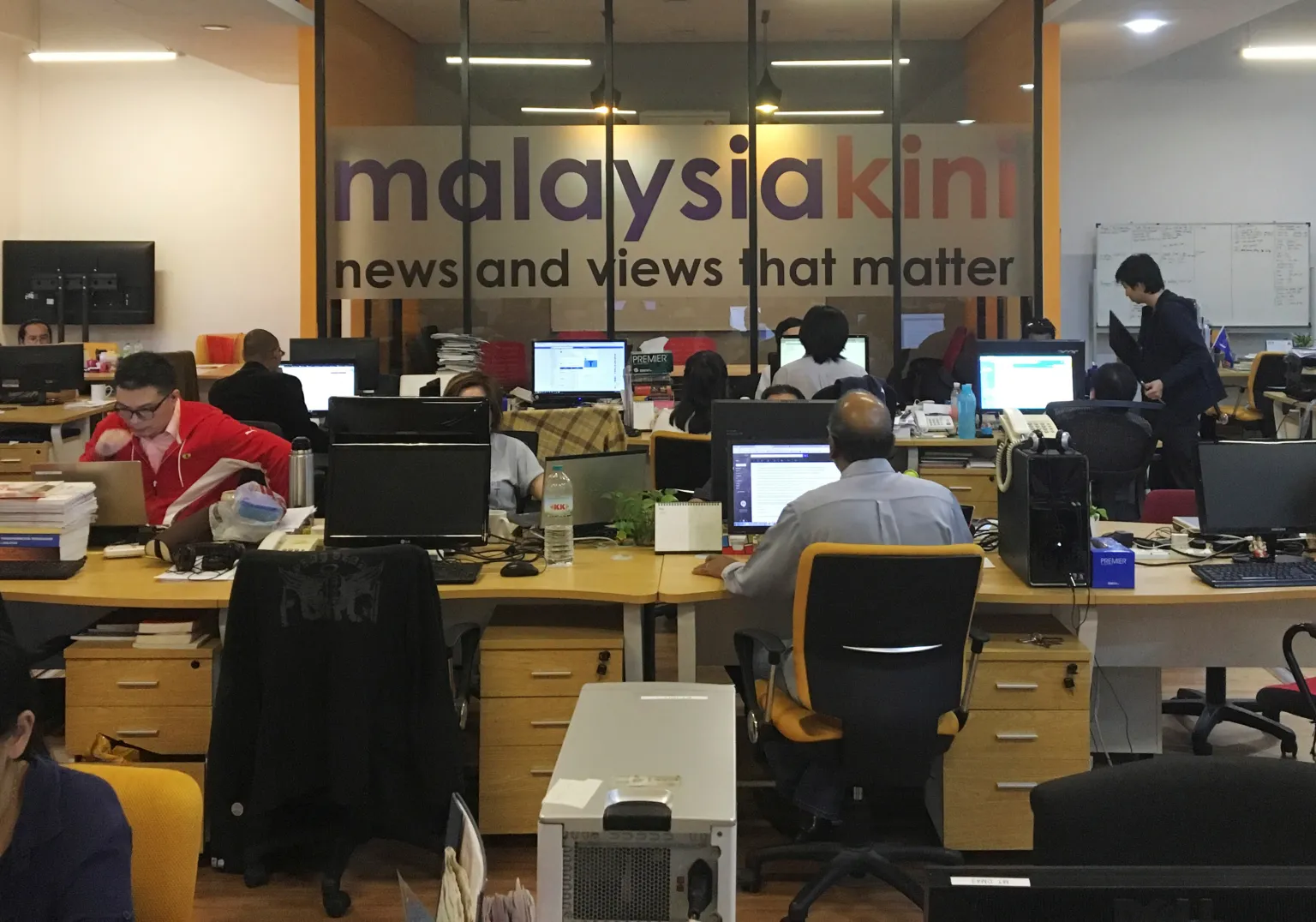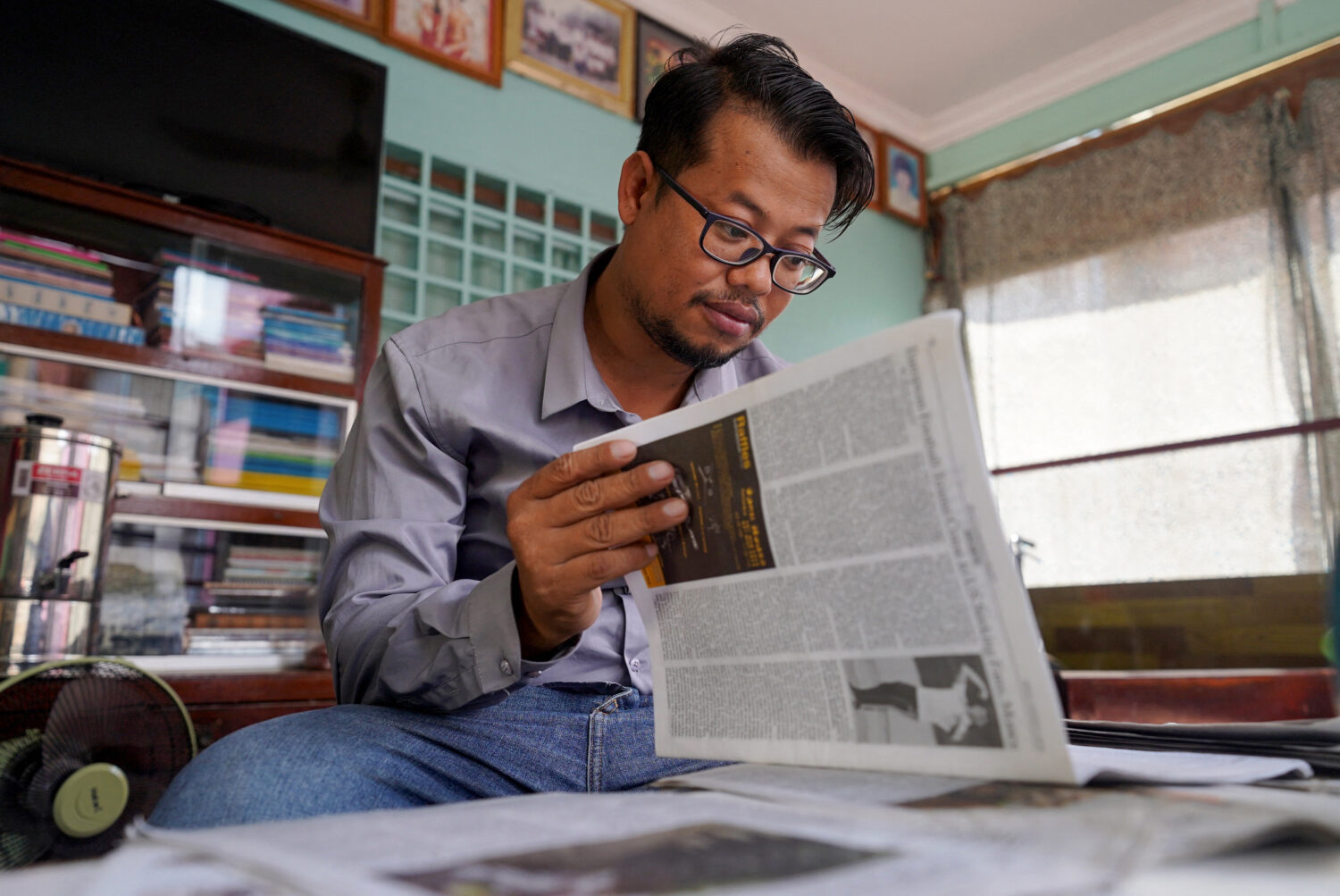Namibia, once considered a haven for press freedom in Africa, is now under scrutiny as journalists and advocacy groups raise alarms over increasing repression and retaliation against the media. The recent case involving senior journalist Jemima Beukes has ignited widespread condemnation, with African journalist federations and international watchdogs calling for urgent intervention.
Beukes, who has earned a reputation for her critical and investigative reporting, has been subjected to professional intimidation, including denial of entry to official press conferences and exclusion from state coverage. These retaliatory actions reportedly stem from her outspoken commentary on political governance and press conditions in Namibia. Her case, emblematic of a broader pattern, has become a rallying point for journalists across the continent.
The International Federation of Journalists (IFJ) has publicly denounced the ongoing victimisation of Beukes and the deteriorating state of media freedom in the country. In a statement, the IFJ urged Namibian authorities to ensure that journalists can operate without fear of retaliation or exclusion. The IFJ also called for a thorough investigation into Beukes’ treatment and warned that suppressing media freedom undermines democratic values.
Amnesty International echoed these concerns, emphasizing that press freedom in Namibia is no longer secure. The organization cited a concerning rise in harassment, exclusionary practices, and self-censorship among journalists—driven by fear of backlash. These developments contrast starkly with Namibia’s previous standing, often cited as one of the most media-friendly nations in Africa.
In response to the escalating criticism, the Namibian government has issued vague denials and reaffirmed its commitment to press freedom. However, media professionals argue that the state’s actions tell a different story. Calls are now growing for an independent review of press conditions and the adoption of stronger legal safeguards for journalists.
As Africa observes these developments, the repression of journalism in Namibia is being viewed as a litmus test for the continent’s commitment to media freedom. Advocacy groups continue to urge international and regional bodies to monitor the situation and support efforts to restore an environment where journalists can speak truth to power without fear.





